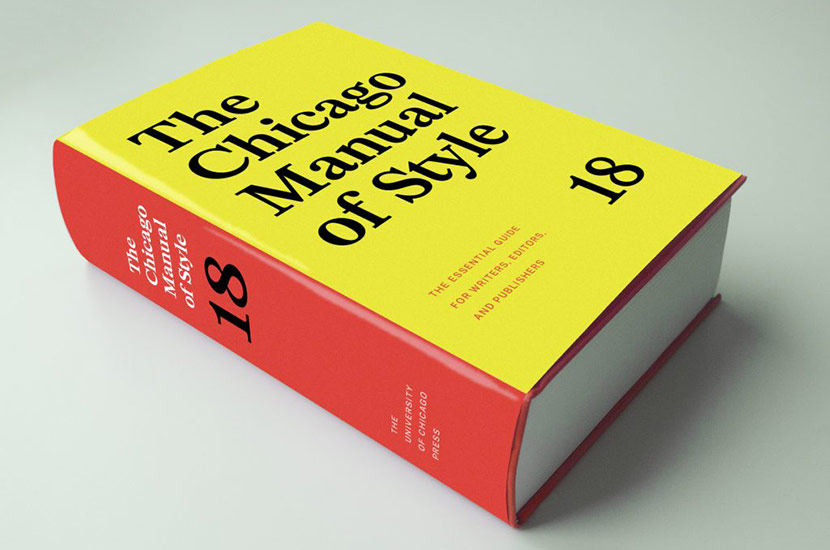
The 18th edition of 𝑇ℎ𝑒 𝐶ℎ𝑖𝑐𝑎𝑔𝑜 𝑀𝑎𝑛𝑢𝑎𝑙 𝑜𝑓 𝑆𝑡𝑦𝑙𝑒 came out in September 2024. While the publishers I work with haven’t fully transitioned to it yet, that shift is coming—and yes, I’m updating my style sheet!
Here are a few changes I’m especially excited about:
Capitalizing prepositions of five or more letters in titles (e.g., 𝑀𝑢𝑐ℎ 𝐴𝑑𝑜 𝐴𝑏𝑜𝑢𝑡 𝑁𝑜𝑡ℎ𝑖𝑛𝑔). Titles just look better in the new format.
Capitalizing the first word after a colon when it begins a complete sentence. Previously, the rule was to capitalize only when more than one complete sentence followed the colon. Small changes like this one make copyediting faster and more intuitive.
Full endorsement of the singular “they”—essential for respectful, inclusive writing.
Omitting the city of publication for books published after 1900. Citations will be cleaner, and we can stop juggling multiple city names.
New guidance on writing alt text for images—important for accessibility and transparency. I have started seeing more in my work, so I welcome this clarity.
This version of CMOS strikes a thoughtful balance between clarity, inclusivity, and evolving language.
If you’re a writer, editor, academic, or just someone who gets excited about hyphens and style guides—what changes stand out to you?








Leave A Comment
You must be logged in to post a comment.